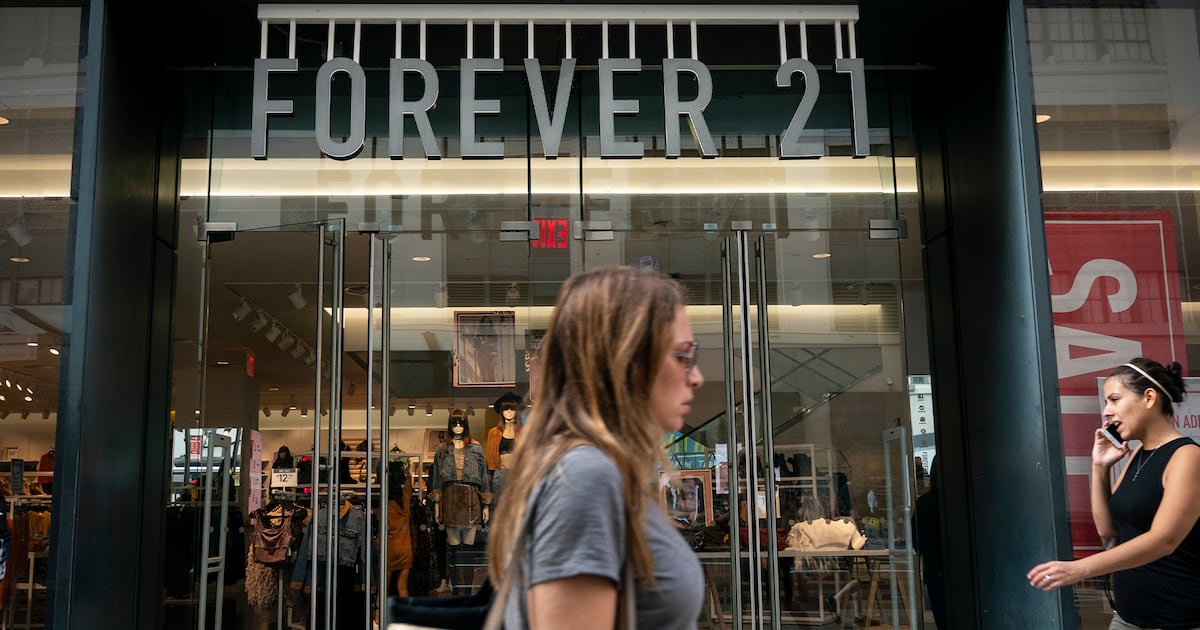Suppliers, vendors and other unsecured creditors of Forever 21 are âgetting smokedâ under a restructuring plan that envisions paltry recoveries on debts owed by the bankrupt fast fashion retailer, a lawyer for the companyâs unsecured creditors said on Tuesday.
At a virtual hearing before a Delaware-based US bankruptcy judge, attorney Justin Alberto, who represents a committee of creditors including US and China-based manufacturers and suppliers, added that his committee is continuing to investigate a January deal in which retailer JCPenney acquired Forever 21âs parent, known as SPARC Group.
In a court filing last week, the unsecured creditorsâ committee said the deal essentially obligated Forever 21 and certain corporate affiliates to pay JCPenneyâs existing debt.
âThe outcome of these cases is direâ for unsecured creditors, the committee wrote in the April 10 court filing. âThe viability of certain of [Forever 21âs] largest vendors and the livelihoods of their employees are on the line.â
Forever 21âs US operating company in March filed for bankruptcy for the second time in six years, with about $1.6 billion in debt. Its proposed plan to wind down operations and exit bankruptcy would repay unsecured creditors like suppliers and vendors 3 percent to 6 percent of their $433 million in claims, according to court filings.
Entities that operate Forever 21 stores outside the US are not bankrupt.
Forever 21 was hurt by weak mall traffic and mounting online competition in the fast-fashion sector. It claimed in court papers that it faced a competitive disadvantage from the âde minimisâ exemption, which allows foreign competitors like Shein to import low-value packages from China without paying customs duties.
An executive order earlier this month by US President Donald Trump has put an end to the de minimis exemption on goods from China and Hong Kong, effective May 2.
Authentic Brands Group – a member of the SPARC Group and the owner of Forever 21âs intellectual property â has said it may re-license the IP, a move that could keep the Forever 21 brand alive in the US in some capacity.
By Nicholas P. Brown; Editor: Lisa Shumaker
Learn more:
Forever 21 to Close Stores in Bid to Mimic Online Rivalsâ Model
If the fast fashion retailer fails to find a last-second partner, Forever 21 plans to rely on shipping goods directly from overseas factories to consumers and other retail outlets, Bloomberg reported.

